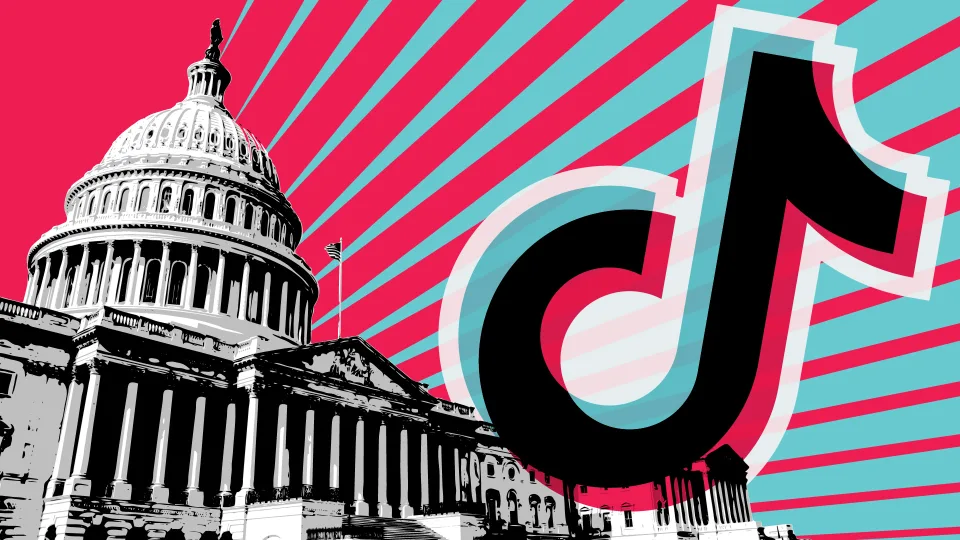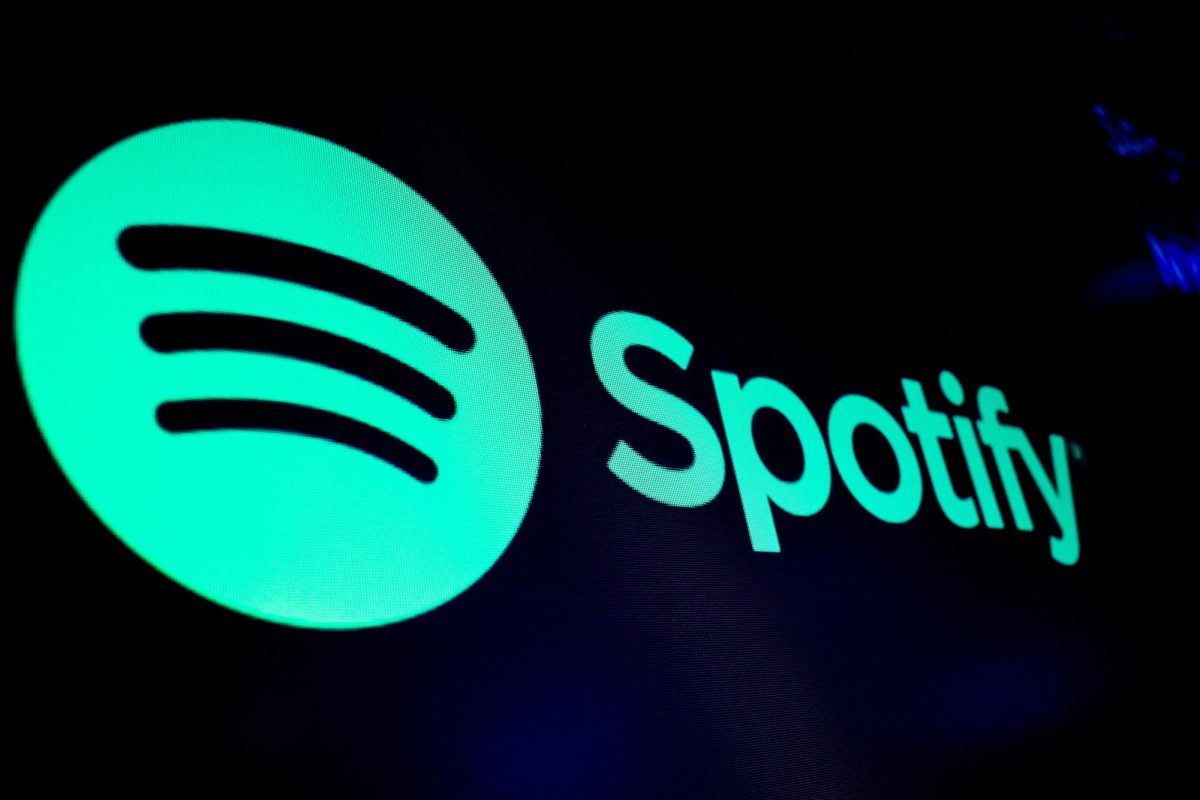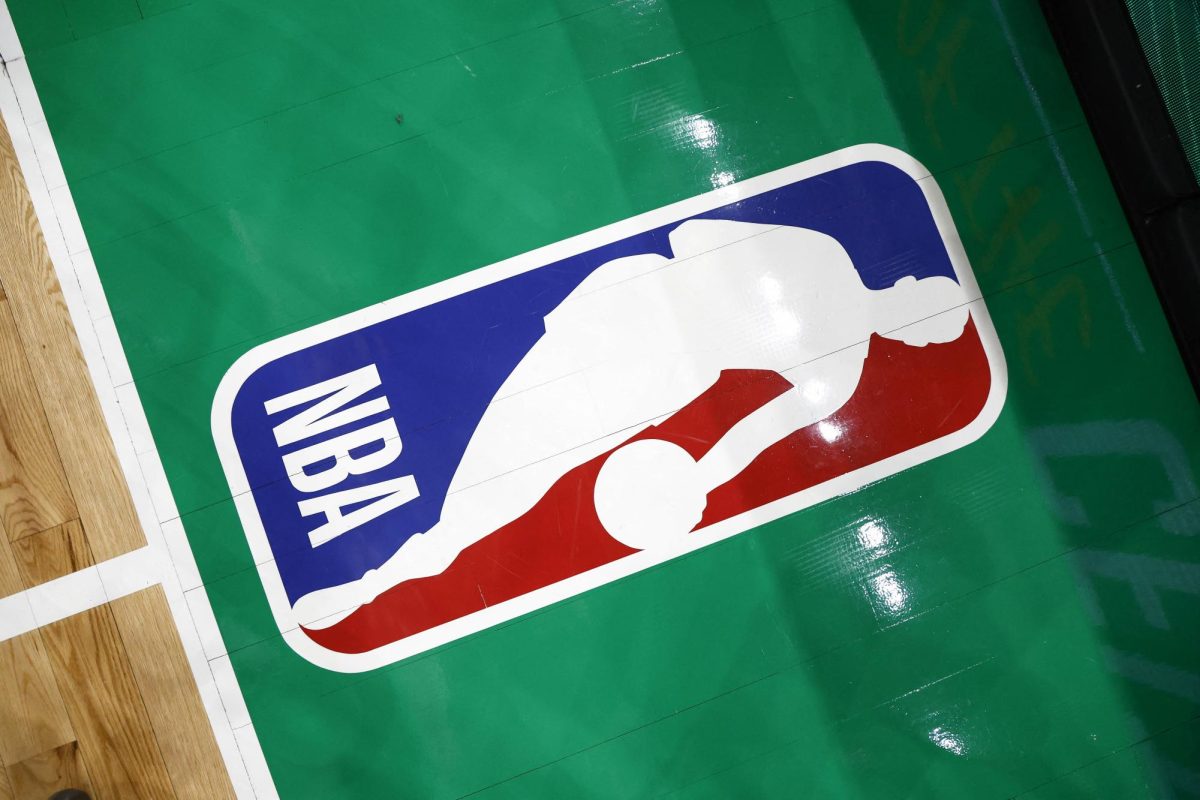In April of 2024, President Biden signed into law the “Protecting Americans from Foreign Adversary Controlled Applications Act,” targeting the popular social media platform TikTok. The bill states that TikTok’s parent company, Bytedance, must sell the platform to an American tech company or risk a ban in the United States. The “TikTok ban” craze has gripped the US since the initial idea of a TikTok ban was put forth during the Trump Administration.
In the years following its initial suggestion, talks of a TikTok ban have cycled in and out of Capitol Hill, with no major updates taking place until March of 2023, where TikTok CEO Shou Zi Chew was questioned by Congress on the safety of the platform. The major issue, as US lawmakers claimed, was that TikTok is owned by a Chinese company, Bytedance, that may be stealing information from TikTok users. Chew, in a highly publicized display, demonstrated how Congress did not have a strong grasp on how the platform works. Congressmen asked such as “Does TikTok utilize WiFi to work in my home?” which largely diminished the strength of their argument. The government faced massive backlash from TikTok users who claimed that their representatives were out of touch.
The initial signing was a largely unprecedented move, coming just over a year after Chew’s questioning. Many users did not know that the ban was being seriously discussed, let alone in preparation of reaching the President’s desk. At the time, it seemed Bytedance was unlikely to sell the company, given the profitability and influence of TikTok as a platform. TikTok currently has over 1 billion users worldwide, growing larger and larger each month; over 150 million of those users are in the United States. Despite the company’s success, pressure has been mounting against Bytedance as on Friday, December 6, the U.S. Court of Appeals for Washington D.C. voted to uphold the ban. Should Bytedance fail to sell TikTok by January 19, 2025, its distribution will be banned in the United States.
Bytedance filed an emergency injunction on Monday, December 9, which asked the U.S. Supreme Court to review the ban before it can go into effect in January. It is currently unknown whether the Supreme Court will support the ban or deem it unconstitutional; however, given the Court’s current Republican lean, and knowing the GOP’s stance on China, it is safe to assume that the Supreme Court will not side with Bytedance. It is becoming more and more apparent that this ban will take effect.
Influencers on the site have begun speaking out on the platform in defense of TikTok. In my own experience, some of my favorite creators on the site have created videos urging their supporters to follow them on other platforms such as YouTube and Instagram. Other creators have stated how upset they are that legislators continue to view TikTok as the “funny dancing app”, largely disregarding how many people use TikTok for other purposes, such as getting quick news from their favorite networks.
Going off of TikTok’s own estimates, a shutdown of the platform would cause a loss of over $1.3 billion for small business owners and creators. To help curb this revenue loss, be sure to support your favorite creators and businesses by following them on other platforms. As events continue to unfold, the future of TikTok’s place is unknown; however, the situation does not look good for the platform’s longevity. For many people across the nation and across the world, scrolling on TikTok has become a daily routine: for better or for worse, the days of aimlessly scrolling, at least in the United States, may soon come to an end.








